Tag Archives: cognitive science
09 Jan What of Perception

Questions Cognitive Modelers Might Ask The biological and chemical processes associated with brain activity are the foundation on which our exploration of the cognitive mind is built. Yet the physiological underpinnings are not sufficient, in themselves, to lead us to the next cybernetic level. Too many questions are left unanswered. In this section of Understanding […]
31 Dec Signal Transduction in Neurons
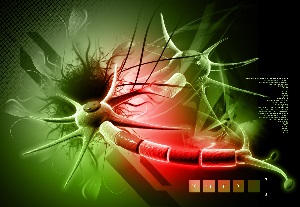
Wires in the Brain Electrical impulses jump from neuron to neuron in the brain through their branching nerve fibers. This movement of electrical potentials is called signal transduction, and significantly resembles the process of electrical flow in printed circuit boards and semiconductor chips. Nerve fibers (axons and dendrites) are filled with a fluid called axoplasm. […]
25 Aug Learning from Brain Disorders
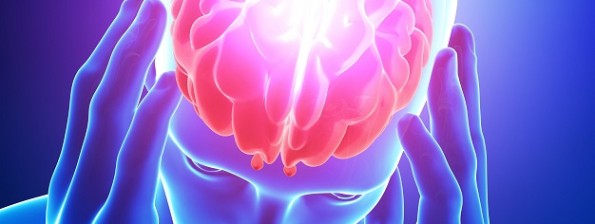
Serotonin Imbalance I am possessed of an orderly disorder. My “Obsessive-Compulsive Disorder” (OCD) compels me to make sure everything is lined up nicely. Do good managers benefit from a little OCD? Today’s post is about what we can learn about the brain from observing what happens when something isn’t exactly right. Collette Bouchez, on WebMD, tells us […]
19 Mar Neural Networks – Section 3 Intro
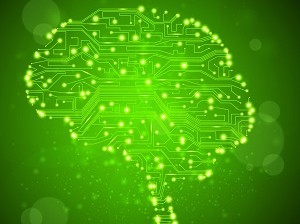
It’s all in your head My posts on Brains and Neurons show us there is a sense of structure and order in the brain. By looking at the brain’s areas, we see how each plays a special role in processing the information necessary to support human cognition and other activities. We’ve looked at neurons and learned that each type has its own components, […]
10 Mar Biological Brains – Section 1 Intro
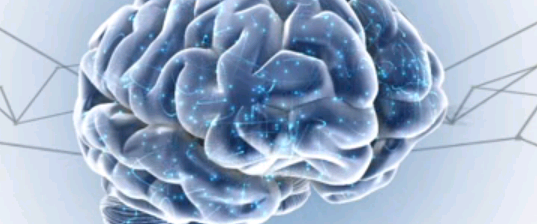
In this segment of the Understanding Context Blog, I will take a high level look at the brain: Its areas, Cell types, And functions. I’ll also explore where the brain stores and processes different types of information, including emotions. Studying the human brain is an important part of this analysis, because biological brains clearly outperform man-made information […]
06 Mar Correlation in Neuroeconomics
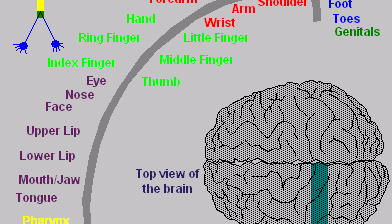
I find that driving when my body is tense, especially on slick roads or in poor visibility, is uncomfortable to the point of danger. Stress is a killer. I found, as a student, that relaxing at the piano just before going in to the test helped me perform better (on the test). I think many […]
26 Feb Choosing an Ontology Framework
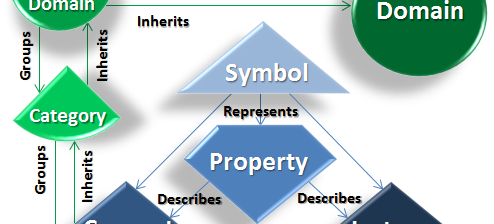
Ontology is a knowledge representation language like Roger Schank‘s Semantic Networks and John Sowa‘s Conceptual Graphs or Doug Lenat‘s Semantic Web. An Ontology framework is the model (structure, function and content definition) in which you choose to build your ontology. Like a Relational Database or an Object Oriented Programming Language, an ontology has defined structures, functions […]
21 Jan Gating in Human Reasoning

Both neuroscience and computer science have borrowed the metaphor of the gate for representing the function of letting some things go through and restricting others. In computing it is mostly a binary function: if the gate is closed, nothing comes in, if the gate is open, everything that is at the threshold comes in. I chose the pictures above because gates […]
15 Sep What is Inside Neurons?
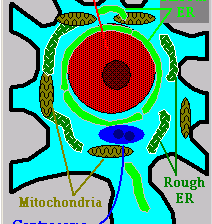
Intracellular Structure of Neurons In earlier posts, we examined the brain, its areas, and the types of neurons that populate the different layers of some of the brain’s areas. In this post and more to follow, we will turn up the magnification and look a little deeper. What can be seen inside the cells? What […]





